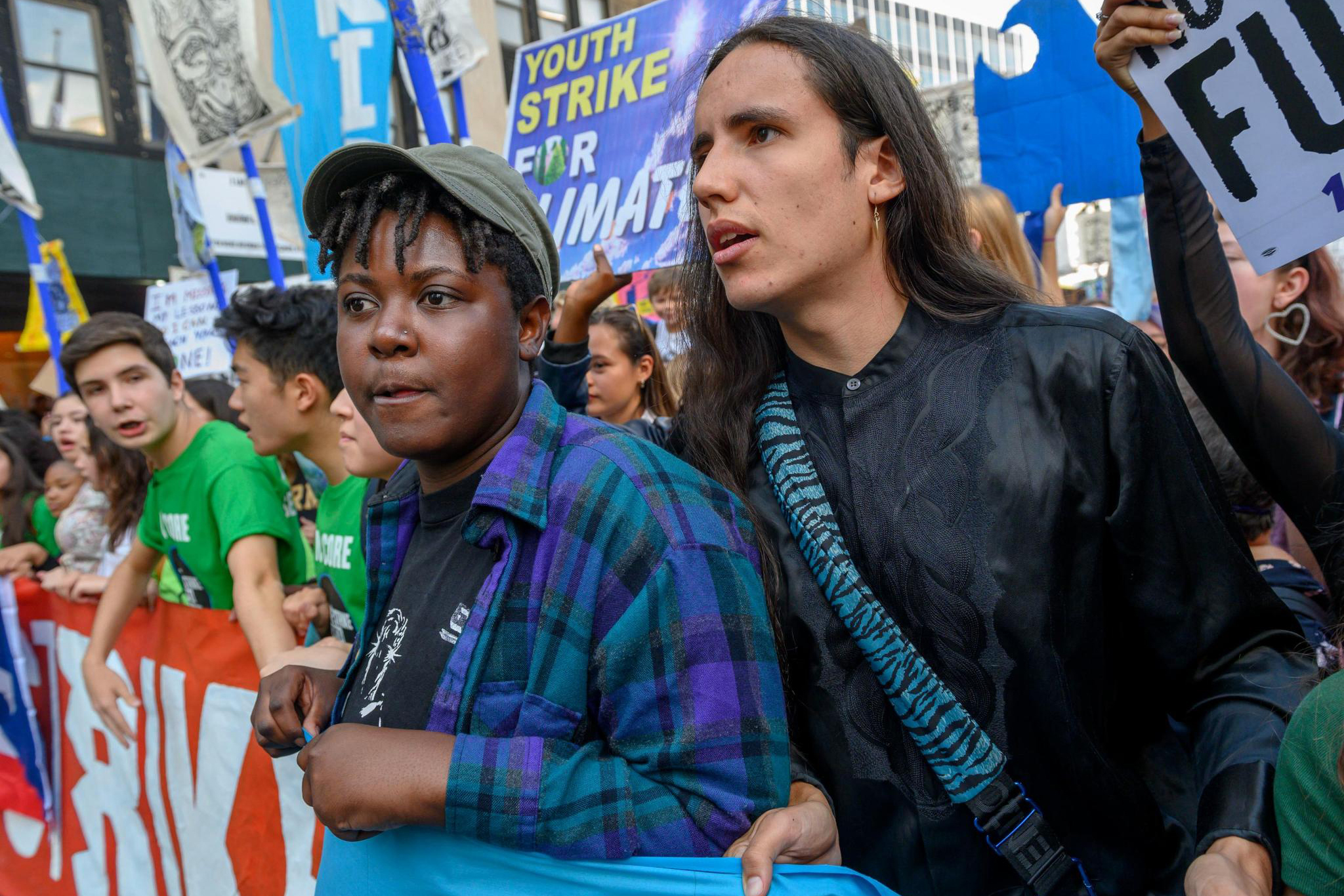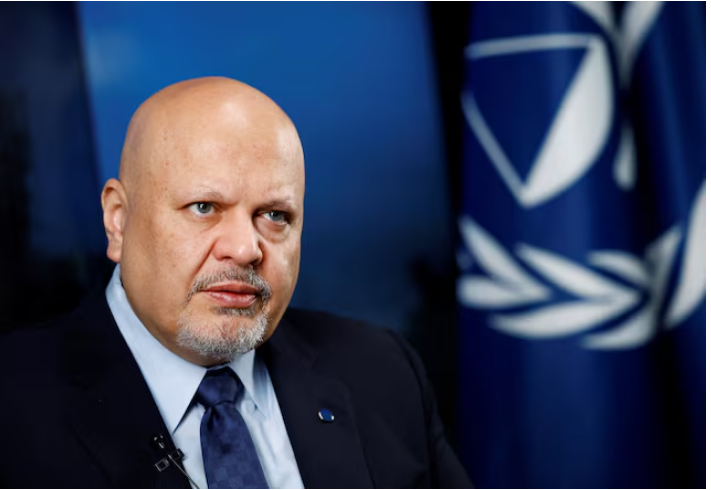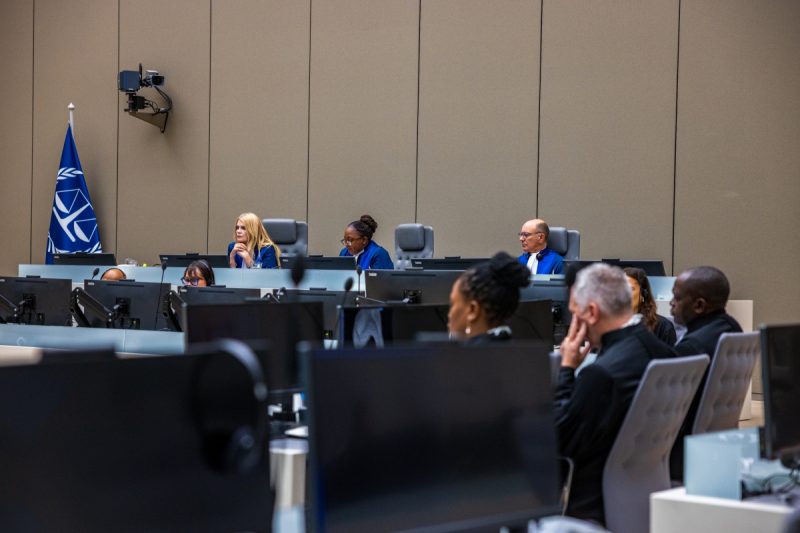Christina Bradic
Managing Editor of Impunity Watch News
New York, New York — On 11 November 2025, the United Nations General Assembly (UNGA) convened in New York for a plenary debate under Agenda Item 74 : The Report of the International Criminal Court (ICC). This annual review of the ICC’s activities unfolded at a critical inflection point for the global justice system, as the Court faces unprecedented political pressures, challenges in state cooperation, and existential threats to its independence.

Judge Tomoko Akane, President of the ICC, delivered the institution’s 2025 Annual Report, underscoring both its judicial work and the growing obstacles to its mission. In her address, Akane warned that “attacks, threats and coercive measures against the Court and its officials pose a serious threat to the administration of justice by the Court and to the global fight against impunity.”
The backdrop to these remarks is striking. Over the past year, member states and civil society have documented multiple instances of non-cooperation with arrest warrants, cyberattacks, and economic and visa sanctions targeting ICC judges and prosecutors, notably through a U.S. Executive Order imposing sanctions on the Court in February 2025. These measures were triggered in part by ICC decisions related to investigations in Palestine and other high-profile situations and have become a flashpoint in debates over the Court’s legitimacy and reach.
Akane’s message was clear: the fight against impunity requires unwavering multilateral support. She reiterated that “crimes that shock the conscience of humanity continue to plague this world,” and that only robust cooperation with states and institutions can enable justice to reach victims and survivors wherever national systems fail.
Following the President’s report, a chorus of States Parties reaffirmed their commitment to the ICC. In a statement delivered on behalf of the European Union, representatives characterized the Court as a “cornerstone of the international fight against impunity,” urged all states to honor cooperation obligations, and condemned attacks on the Court’s personnel and mandate. Other delegations echoed these sentiments, stressing the need for both political and practical backing as the ICC navigates an increasingly polarized political landscape.
The resonance of this debate extended beyond the halls of the United Nations. In the run-up to the 24th Assembly of States Parties (ASP24), scheduled in The Hague from 1–6 December 2025, civil society actors and advocacy groups used the UNGA moment to amplify calls for decisive action. Human rights organizations have urged states not merely to issue statements of support, but to translate political goodwill into cooperation on arrest warrants, financial support, and defense of judicial independence.
At its heart, the UNGA debate illuminated a broader tension in the international justice architecture: as grave crimes proliferate in conflicts from Ukraine to Sudan and beyond, the institutions designed to hold perpetrators accountable are themselves under pressure from geopolitical interests and selective compliance. The ICC’s annual report and the subsequent state debate were thus not only a routine procedural milestone but a crucial political moment, one that showcased both enduring commitment from many states and persistent fault lines in the global fight against impunity.
If the ICC is to endure as a credible mechanism for accountability, the support expressed at UNGA must translate into concrete cooperation and protection of judicial independence, a challenge that states will revisit in The Hague and beyond.
For Further Reading:



